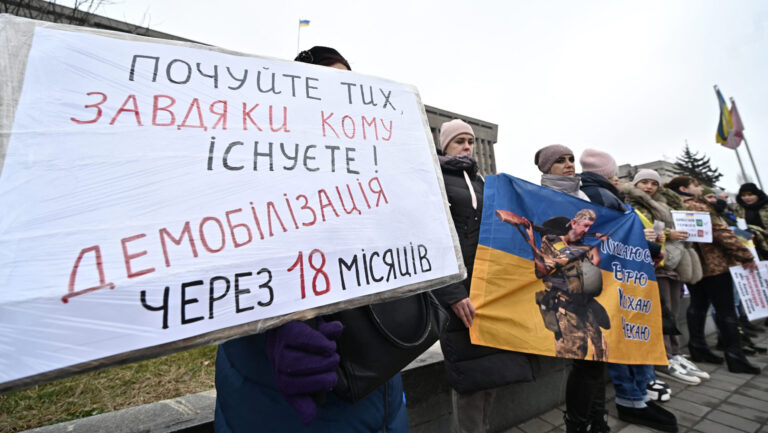Hungary’s opposition Democratic Coalition party, led by ex-Socialist PM Ferenc Gyurcsány, lost seven lawsuits against Hungarian public media company MTVA related to the handling of press releases by the state news agency MTI. MTVA, the parent company of MTI, declared in a statement that DK had tried to pressure MTI in a way that resembled the ‘party-state era’.
The Kúria, Hungary’s supreme court, ruled that MTI’s national press release service had the right to refuse to publish any statement that could violate an individual’s privacy rights, and that MTI was entitled to editorial freedom. Additionally, the court ruled that MTI had the right to refuse to publish DK statements, as provisions of the Act on Media Services and Mass Communication did not guarantee anyone the right to demand publication of a specific statement via its National Press Service (Országos Sajtószolgálat, OS).
DK lost this case on six previous occasions, and in a binding ruling the Kúria has now recognised MTI’s right to evaluate each statement submitted for publication. DK is required to pay the Duna Médiaszolgáltató Nonprofit Zrt’s full legal costs,
Since its formation, the DK has positioned itself as a centre-left party and has been a vocal critic of the right-wing government of Prime Minister Viktor Orbán. DK has been particularly critical of the way that the Hungarian public media operates. The media in Hungary has been accused of being biased in favour of the government, and DK has accused public media of suppressing information and opinions that are critical of the government. In this specific case, DK had launched a series of lawsuits against the Hungarian news agency MTI, which is owned by the government. The lawsuits were related to the way that MTI handled press releases, with DK alleging that MTI suppressed their statements.








